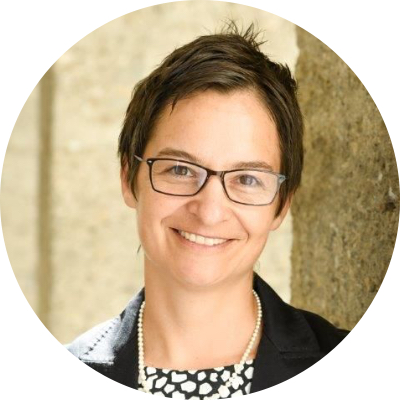MORe (Making Orthodoxy Resilient to the Culture Wars)
Under the research themes POSTSECULAR SOCIETIES, MORALIST INTERNATIONAL and RUSSIAN CONSERVATISM, the ERC-STG-project POSEC has conducted ground-breaking research at the intersection of these two processes: the Orthodox Churches struggling to adapt their social teaching to a new social and political reality, and the globalization of the culture wars. What we found out is that 1. Over the last three decades the relative void in Orthodox social teaching has increasingly been filled by Christian Right approaches generated in the context of the global culture wars; and 2. the actors (norm entrepreneurs) who promote these solutions as “Orthodox” are not usually Orthodox theologians, but actors from politics, business or ecclesiastical administrations. As a consequence, many issues that until recently were either not controversial (i.e. abortion) or not relevant (i.e. same-sex marriage) in Orthodox majority societies, have become the defining issues for the Orthodox relation with secular modern society and liberal democratic values. This has not only hindered Orthodox theology to work out its own authentic social and ethical priorities and agenda, it has also benefited the most conservative groups inside the Churches and has provided undemocratic sovereigntist and populist political forces with a “positive” agenda to oppose liberal democracy, international human rights law and the European Union.
The transnational dynamics also have an impact on interdenominational relations of Orthodoxy with other religions. As conservative religious actors connect on ideological grounds, a new form of “conservative ecumenism” is emerging, which unites traditionalist groups from different Christian Churches against moderate and liberal currents inside the same denominations.
In the context of the MORe project, we have designed a Proof-of-Concept application to the ERC. It aims at building inside the Orthodox world the capacity for critical reflection on the larger global dynamics, political problematics and local repercussions that are connected with taking over social teaching from the transnational Christian Right. MORe passed the threshold of positive evaluation in 2020, remaining on the reserve-list, and it has been revised and resubmitted in 2021.
Publications
Journal Articles
- Makrides, Vasilios N. (2018). Pro- und anti-ökumenische Richtungen in der griechisch-orthodoxen Welt, in: Religion und Gesellschaft in Ost und West, (10), 14–17.
- Stoeckl, Kristina (2018). Ökumene 2.0 – zwischen Ökumene und Anti-Ökumene, in: Religion und Gesellschaft in Ost und West, (10), 05–06.
- Wasmuth, Jennifer (2018). Ökumene 2.0 – ein neues ökumenisches Paradigma?, in: Religion und Gesellschaft in Ost und West, (10), 21–23.
Monographs and Editorship
Web
- Chapnin, Sergej (2016). The Demolition of the Church Legacy of Russian Emigration: How It Is Done, in: The Wheel.
- Uzlaner, Dmitry (2019). Eastern Orthodox Identity and „Aggressive Liberalism“: Non-Theological Aspects of the Confrontation, in: Public Orthodoxy, https://publicorthodoxy.org/2019/10/09/eastern-orthodox-identity-and-aggressive-liberalism-non-theological-aspects-of-the-confrontation/.

